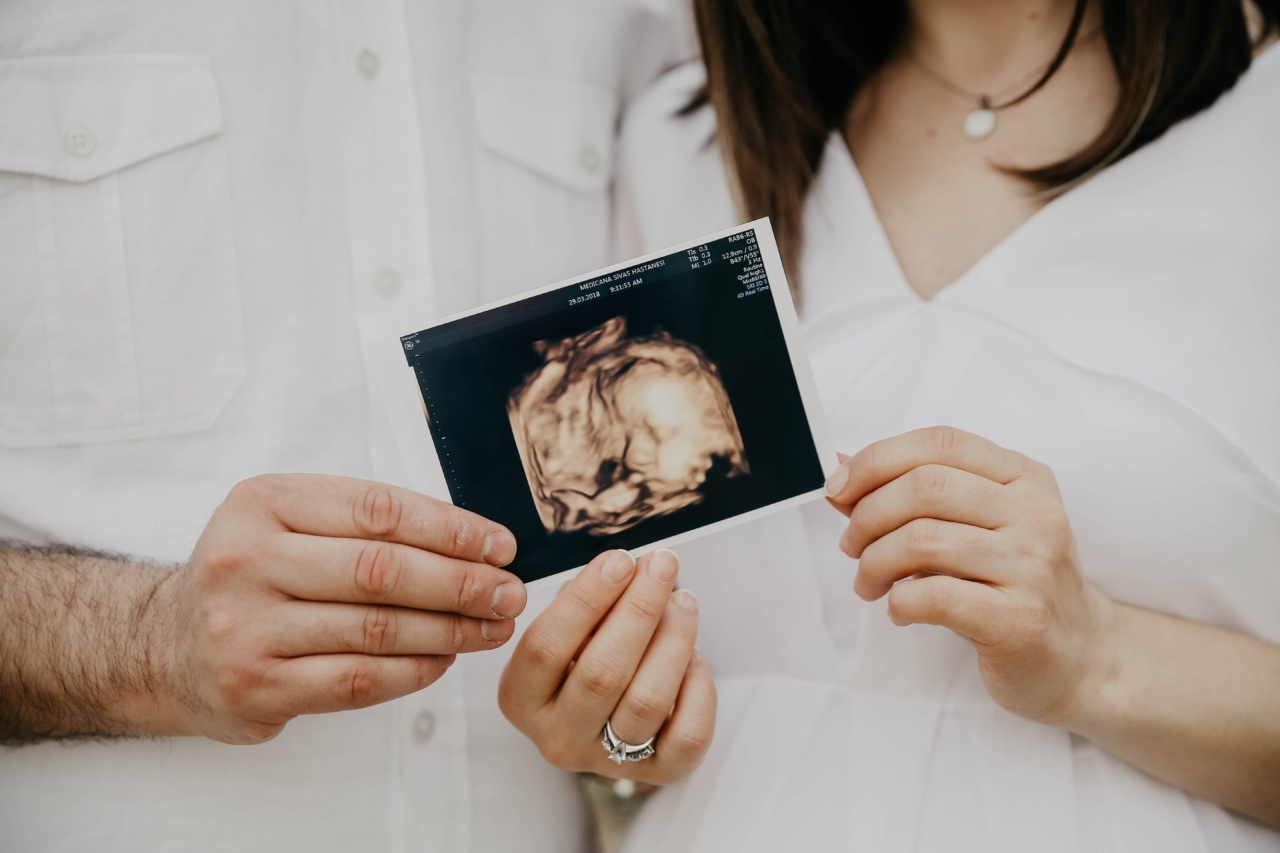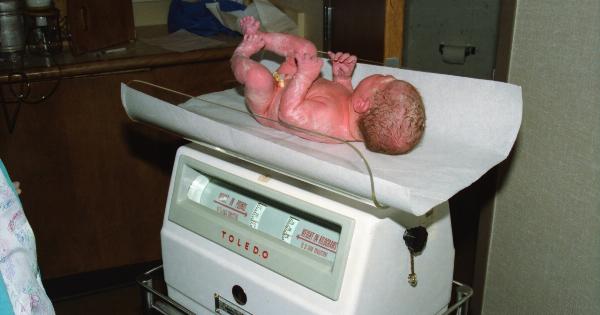Having a baby is undoubtedly one of the most rewarding experiences in a woman’s life. However, the journey to motherhood comes with some challenges, one of which is losing the baby weight gained during pregnancy.
Many women struggle with this weight even months after giving birth. If you’re a new mom trying to shed the extra pounds, here’s a guide to help you get started.
Set Realistic Goals
It’s essential to start with setting realistic goals. Understand that your body has undergone significant changes, and it’s going to take some time before you regain your pre-pregnancy shape.
Don’t expect to lose all the weight within a few weeks or months. Experts recommend aiming to lose 1-2 pounds a week. This is a healthy and sustainable rate of weight loss that won’t put your health at risk.
Don’t Skip Meals
Many new moms make the mistake of skipping meals, hoping that it will help them lose weight. However, this is counterproductive as it slows down your metabolism, making it harder for you to lose weight.
Instead of skipping meals, aim to eat small, balanced meals throughout the day. This keeps your metabolism active, helping you lose weight faster.
Get Enough Sleep
Sleep is essential for weight loss, and this is especially true for new moms. Sleep deprivation makes it harder for you to lose weight as it slows down your metabolism. Aim to get at least 7 hours of sleep every night.
If you have trouble sleeping because of your baby’s schedule, try to take naps during the day to make up for the lost sleep.
Stay Hydrated
Drinking enough water is essential for your health and weight loss. Not only does it keep you hydrated, but it can also help you feel full, reducing your overall calorie intake. Aim to drink at least eight glasses of water a day.
You can also opt for other healthy drinks like coconut water, herbal tea, or fresh juice.
Exercise Regularly
Exercising regularly is one of the most effective ways to lose weight. As a new mom, it might seem challenging to find time to exercise, but it’s not impossible. You can start small by doing some home workouts or taking walks with your baby.
As you get more comfortable, you can join a postnatal workout class or hire a personal trainer to help you reach your weight loss goals.
Go for Nutritious Foods
What you eat plays a significant role in your weight loss journey. It’s essential to opt for nutritious foods that give you the energy you need while helping you lose weight.
Aim to eat a diet rich in fruits, vegetables, whole grains, lean proteins, and healthy fats. These foods are high in fiber, vitamins, and antioxidants, which are essential for your overall health.
Avoid Crash Diets
Many new moms fall into the trap of crash dieting, hoping to lose weight fast. However, this is not only unhealthy, but it’s also unsustainable.
Crash diets deprive your body of essential nutrients, slowing down your metabolism, and increasing your risk of health problems. Aim for a balanced diet with enough calories to sustain your energy needs.
Get Support
Weight loss is not easy, and it’s essential to have a support system to help you through it. Reach out to your partner, friends, or family members for support.
You can also join a postnatal weight loss support group or hire a personal trainer to help you navigate your weight loss journey safely and effectively.
Be Kind to Yourself
Finally, it’s essential to be kind to yourself and patient with the weight loss process. Remember that your body has undergone significant changes, and it’s not going to bounce back immediately.
Celebrate small wins and be proud of yourself for making progress, no matter how small it is. Above all, love and accept yourself, and know that you’re doing the best you can.




























